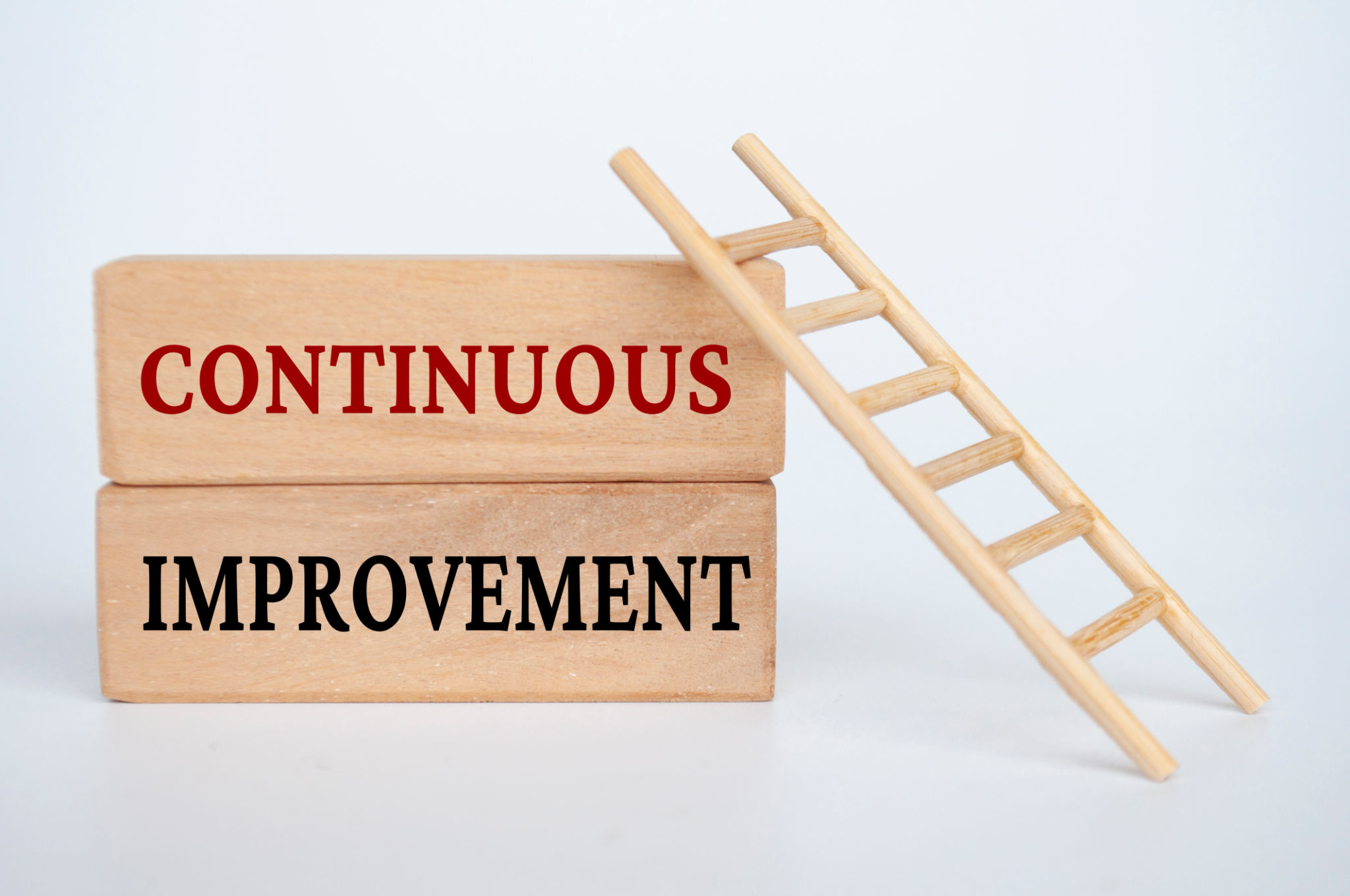Expert Tips for Managing Remote Teams Effectively
Le
Understanding the Challenges of Remote Teams
Managing remote teams comes with its own set of challenges that differ significantly from traditional office environments. One of the primary hurdles is maintaining clear and effective communication. Without the benefit of face-to-face interactions, misunderstandings can easily arise, leading to decreased productivity and morale.
Another challenge is fostering a sense of team unity and collaboration when team members are scattered across different locations. It’s crucial to create a sense of belonging among remote workers to ensure they remain engaged and motivated.

Establishing Clear Communication Channels
Effective communication is the backbone of successful remote team management. To overcome communication barriers, establish clear channels and protocols. Utilize tools like Slack, Microsoft Teams, or Zoom to ensure everyone stays connected.
Regular check-ins and updates are vital. Scheduling weekly or bi-weekly meetings can help keep everyone on the same page. Moreover, encourage open communication and make it easy for team members to reach out with questions or concerns.
Choosing the Right Tools
Selecting the appropriate tools for communication and collaboration is essential. Consider the specific needs of your team when choosing software solutions. Look for tools that integrate well with your existing systems and offer features that enhance productivity.

Setting Clear Goals and Expectations
Remote teams thrive when they have clear goals and expectations. Define objectives clearly and ensure everyone understands their role in achieving these goals. This clarity helps prevent misunderstandings and aligns everyone towards common targets.
Use project management tools like Trello or Asana to outline tasks, set deadlines, and track progress. These tools provide visibility into ongoing projects and help team members stay organized.
Measuring Performance
To ensure that your remote team is performing effectively, establish metrics to measure success. These metrics will vary depending on your industry and objectives but should focus on both individual performance and team outcomes.

Building a Strong Team Culture
Creating a positive team culture is vital for remote teams. Organize virtual team-building activities to foster relationships among team members. These activities can range from virtual coffee breaks to online games or workshops.
Encourage a culture of appreciation by recognizing hard work and achievements. Regularly highlight successes in team meetings or through internal newsletters to boost morale and motivation.
Encouraging Work-Life Balance
Remote work can blur the lines between personal and professional life. Encourage your team to maintain a healthy work-life balance by setting boundaries, such as defined work hours and regular breaks. Support flexible schedules where possible to accommodate different time zones and personal commitments.

Continuous Learning and Development
Investing in the continuous learning and development of your remote team members not only enhances their skills but also boosts engagement. Provide access to online courses, webinars, or training sessions relevant to their roles.
Encourage a culture of growth by promoting knowledge sharing within the team. Regularly schedule sessions where team members can present what they have learned or lead discussions on industry trends.
Feedback and Improvement
Regular feedback is essential for improvement and growth. Establish a feedback loop where team members can share insights and suggestions for enhancing workflows and processes. Actively listen to their concerns and make necessary adjustments.

